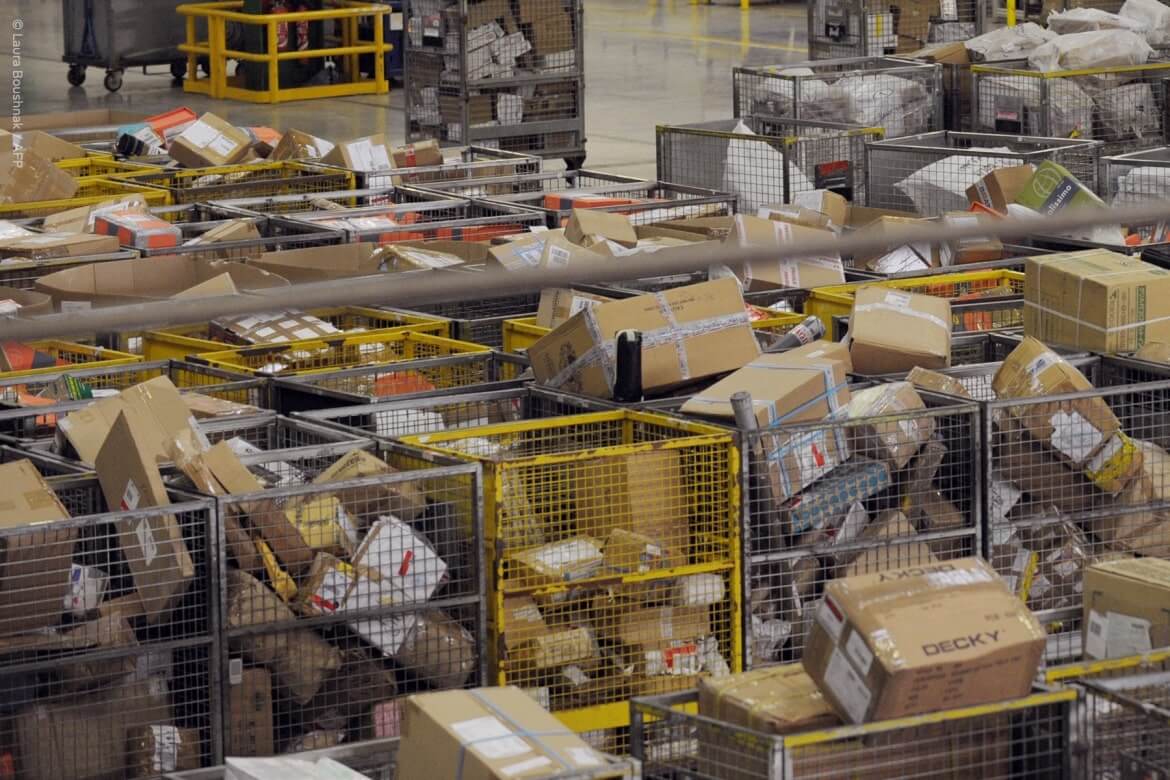EU tackles substandard goods from non-EU web shops with new measures
Written by
Editorial TeamPublished on
The EU adopts proposals to handle 12 million daily e-commerce parcels, targeting substandard goods from non-EU web shops.

Every day, approximately 12 million small e-commerce packages flood into the EU from online stores outside the union. This overwhelming influx has posed significant challenges, particularly because many packages contain potentially dangerous products and substandard goods from non-EU web shops that do not meet its safety standards.
Image Source: (www.europarl.europa.eu)
Recognizing the urgency of this issue, the European Parliament recently approved measures aimed at reducing the burden on customs authorities and improving consumer safety. The proposal was adopted overwhelmingly with 619 votes in favour, demonstrating strong political will to address this growing problem.
EU-based warehousing as a solution
One key initiative proposed by Members of the European Parliament (MEPs) involves encouraging non-EU traders to establish warehouses within the EU. This strategy aims to streamline the inspection process, as bulk shipments entering EU warehouses would be far easier to inspect and regulate compared to the millions of individual parcels arriving daily. This approach promises enhanced safety compliance and efficiency in customs operations.
Additionally, MEPs have advocated the removal of customs duty exemptions on goods valued below €150. This exemption has historically incentivized undervaluation of products – an issue affecting about 65% of parcels entering the EU.
Handling fee under consideration
Another significant proposal under cautious consideration is the implementation of a €2 handling fee for each individual e-commerce package from outside the EU. MEPs stress the necessity for this fee to comply with World Trade Organization (WTO) regulations and have called upon the European Commission to ensure it is not ultimately passed on to EU consumers. This handling fee, if effectively implemented, could significantly deter the entry of substandard goods from non-EU web shops.
Digitalisation: Leveraging AI and blockchain
The European Parliament has underscored the importance of digitalisation, particularly the integration of Artificial Intelligence (AI) and blockchain technologies, as crucial to enhancing customs efficiency. By adopting these technologies, EU customs authorities can automate checks and better track shipments, significantly alleviating workload pressures.
MEPs are urging EU member states to invest more resources into these digital solutions to ensure that customs processes remain effective, swift, and secure.
Strengthening rules and market surveillance
To further enhance the security and fairness of the digital market, Parliament calls for rigorous enforcement of existing EU regulations. MEPs stress the need for comprehensive traceability measures, holding online platforms accountable for ensuring compliance from sellers.
Furthermore, Parliament is advising member states to restrict high-risk vendors from participating in critical infrastructure and border security systems procurement processes, thus protecting critical European infrastructure from security threats.
Moving forward with the customs code reform
The recent proposals are part of broader negotiations surrounding the EU’s Customs Code reform, initiated on July 8, 2025. These discussions between Parliament and the EU Council aim to fundamentally reshape how customs operations handle the surge of e-commerce shipments.
Salvatore De Meo, the lead MEP overseeing this initiative, highlighted the broader significance of the measures: “Behind every online purchase, there may be hidden risks to health, safety, and consumer rights – and too often, these risks come from non-EU operators who bypass the rules. Our businesses cannot be expected to compete on such unfair terms.”
Ultimately, these developments signal a strong commitment by the EU to create a safer, fairer, and more transparent digital marketplace, protecting both consumers and legitimate businesses alike.
***


